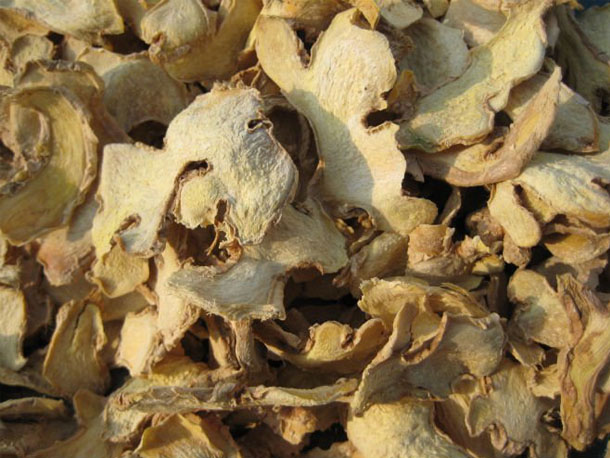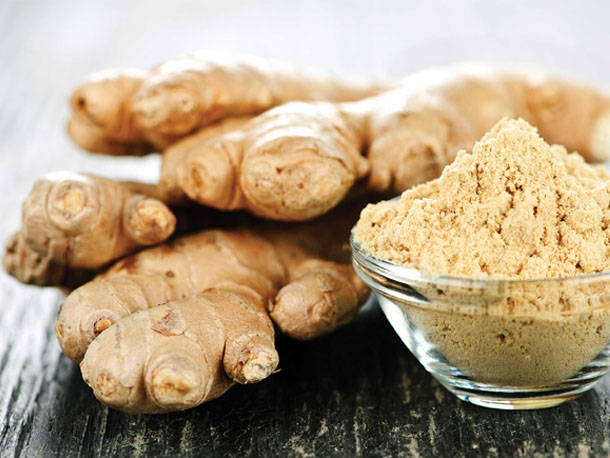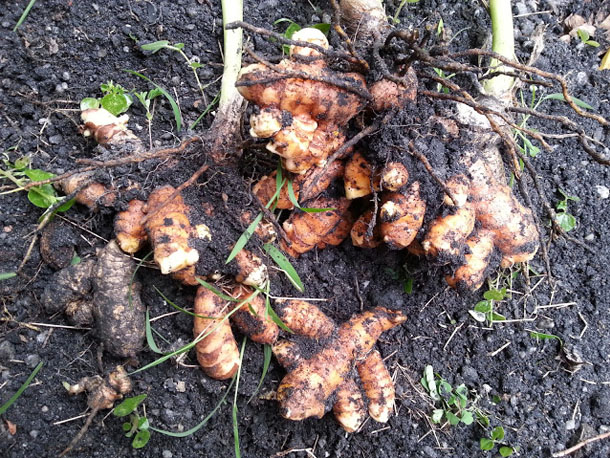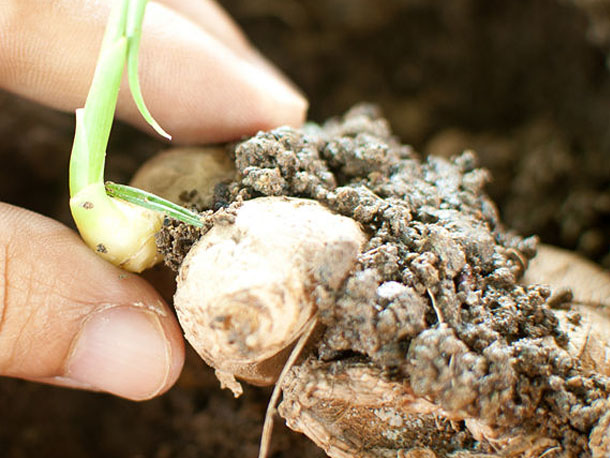Nigerian ginger unmoved by dwindling new crop supplies
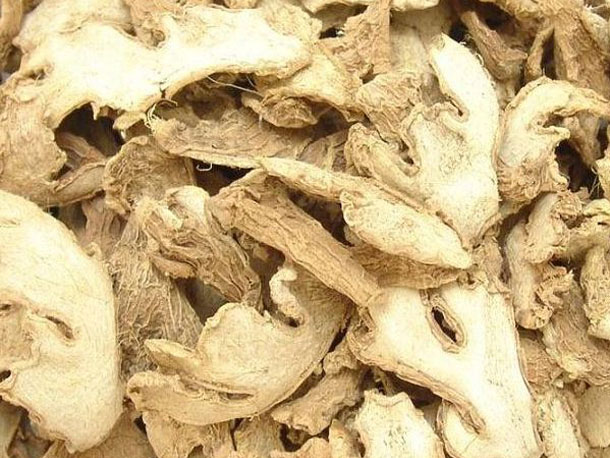
NIGERIAN dried ginger prices have held mostly static so far this year even though the country is said to have already sold up to 70% of its latest crop.
Blair Coutts of UK trader Blair Impex told “One of my suppliers out there keeps telling me the price is going to start firming up but every time I speak to buyers in South Africa or India they tell me they are buying at prices below prices that my supplier is even offering at.”
Mr Coutts indicated shipment prices of $1,700 a tonne c&f for material that does not have any guarantees on aflatoxin levels and spot Rotterdam prices of $2,250 a tonne fot for aflatoxin-cleared produce.
One Rotterdam trader observed that Nigerian suppliers had increased their prices on the local market to reflect the fact that they had sold off most of their latest crop. However, export prices had seen only limited upturns or no changes at all. “We expect that soon prices will increase,” he added.
Robert Brandler of UK company Tilbrook Products confirmed that Nigeria was reaching the end of its normal quality harvest period. He noted that there have been few local speculators in Nigeria buying ginger this season so most of the country’s new crop ginger has gone into the hands of the exporters. As such prices had been mostly unmoved of late.
Mr Brandler added that he would expect a firming tendency to follow in Nigerian prices on the limited remaining availability and currently attractive prices.
Gerwald Kras of the Rotterdam office of origin processor Olam International commented: “Nigeria is by far the cheapest.”
Despite this, demand was only just starting to improve for this year. “Very slowly we see more demand coming to the market but it is still very light business. The markets in general are very quiet,” he said.
Holding out for information on crops
A second UK trader said he had not had any enquiries on ginger since the start of the year. “People are waiting to see what the crops are like from West Africa, and Nigeria in particular, and to see what price levels are coming out,” he said.
The Rotterdam trader viewed overall demand as ticking along at normal levels.
On a positive note, Nigeria is said to have exported some 10,000 tonnes of dried ginger in 2012, although it has to be borne in mind that this includes some volumes smuggled to Benin. Nigeria’s sales outside other African origins were estimated at 6,000 tonnes, a lot of which goes to India for extraction purposes.
Nigeria started harvesting in December and should be completed by the end of this month.
Recent unseasonal rains have raised some concerns locally over the potential remaining output and could increase the risk of unwanted mould developing.
Mr Kras added: “I can see from the bakery industry buyers and the big food companies that they are all starting to look at buying ginger now. I foresee demand picking up more in the coming weeks.”
Mr Coutts noted that UK demand was being limited by the fact that many companies now were bringing in ginger already ground.
The second UK trader added that China had also been absent of late as it was winding down for its imminent New Year celebrations.
The Rotterdam trader said he was expecting a firming trend on Chinese prices as the country had diverted the bulk of its produce into the fresh ginger market, leaving limited quantities for dehydration.

